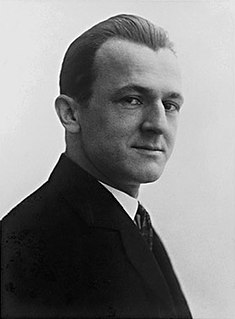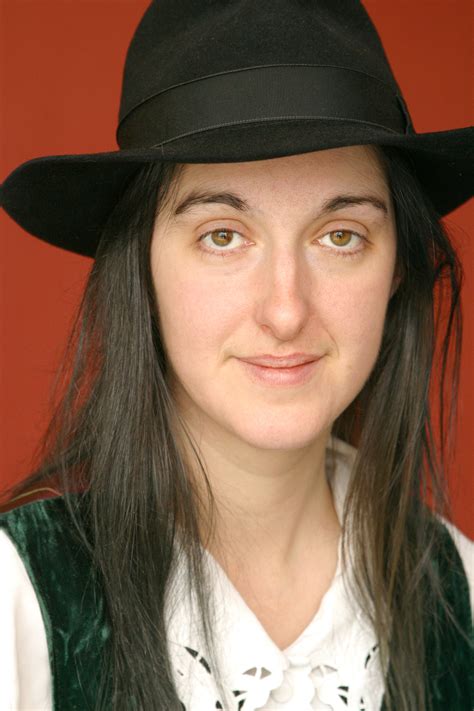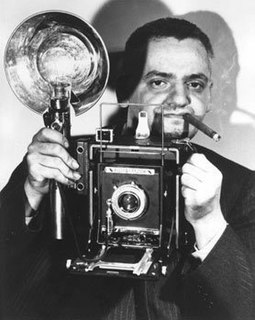A Quote by George Grosz
In 1916, when Johnny Heartfield and I invented photomontage in my studio at the south end of the town at five o'clock one May morning, we had no idea of the immense possibilities, or of the thorny but successful career, that awaited the new invention. On a piece of cardboard we pasted a mishmash of advertisements for hernia belts, student song books and dog food, labels from schnaps and wine bottles, and photographs from picture papers, cut up at will in such a way as to say, in pictures, what would have been banned by the censors if we had said it in words.
Quote Topics
Advertisements
Banned
Been
Belts
Books
Bottles
Cardboard
Career
Clock
Cut
Dog
Dog Food
End
Five
Food
Had
Idea
Immense
Invented
Invention
Johnny
Labels
May
Morning
New
No Idea
Papers
Photographs
Picture
Pictures
Piece
Possibilities
Said
Say
Song
South
Student
Studio
Successful
Successful Career
Such A Way
Town
Up
Way
Will
Wine
Words
Would
Related Quotes
When John Heartfield and I invented photomontage in my South End studio at five o'clock on a May morning in 1916, neither of us had any inkling of its great possibilities, nor of the thorny yet successful road it was to take. As so often happens in life, we had stumbled across a vein of gold without knowing it.
Martin Scorsese was one of the few who had not been an assistant. Most of the guys had been an assistant and worked their way up. But I had seen an underground picture he had made in New York, a black-and-white film. I had done a picture for American International, about a Southern woman bandit, the Ma Barker story, and it was very successful, and I had left to start my own company, and they wanted me to make another one.
I had to leave some traces. In the beginning, I would give complete instructions to the photographer. In the '70s, people would come to photograph your work and you would just end up with this crazy material that had nothing to do with your work; maybe I'd pick up two or three photographs that were the closest to the idea. This is why when you look at the '70s, you see much less documentation and really bad material. The material will become misleading to what the piece was.
I grew up in a small town with a very small library. But the books in the library opened a large place in my heart. It is the place where stories live. And those stories have been informing my days, comforting my nights, and extending possibilities ever since. If that library had not been there, if the books - such as they were - had not been free, my world would be poor, even today.
At one o’clock, the ever-logical Right-Eye Grand Steward woke up to discover that during his sleep his left-eyed counterpart had executed three of his advisors for treason, ordered the creation of a new carp pool and banned limericks. Worse still, no progress had been made in tracking down the Kleptomancer, and of the two people believed to be his accomplices, both had been released from prison and one had been appointed food taster. Right-Eye was not amused. He had known for centuries that he could trust nobody but himself. Now he was seriously starting to wonder about himself.
A Sufi mystic who had always remained happy was asked.... For seventy years people had watched him, he had never been found sad. One day they asked him, 'What is the secret of your happiness?' He said, 'There is no secret. Every morning when I wake up, I meditate for five minutes and I say to myself, 'Listen, now there are two possibilities: you can be miserable, or you can be blissful. Choose.' And I always choose to be blissful.'
The gateway to freedom...was somewhere close to New Orleans where most Africans were sorted through and sold. I had driven through New Orleans on tour and I'd been told my great grandfather had lived way back up in the woods among the evergreens in a log cabin. I revived the era with a song about a coloured boy named Johnny B. Goode. My first thought was to make his life follow as my own had come along, but I thought it would seem biased to white fans to say 'coloured boy' and changed it to 'country boy'.
My books for adults had been previously challenged and banned so I'd had experience with it. I always find it sad and amusing: Sad to think that such archaic and potentially dangerous censorious beliefs still exist, and amused because these censors only make a book more powerful and seductive when trying to ban it.
It is true you can be successful without [college], but this is a hard world, a real world, and you want every advantage you can have. I would suggest to people to do all that you can. When I dropped out of school, I had worked in the music industry and had checks cut in my name from record labels and had a record deal on the table, and when I wasn’t successful and Columbia said, ’We’ll call you,’ I had to go back and work a telemarketing job, go back to the real world, and that’s how life is. Life is hard. Take advantage of your opportunities.
There are many people who want to make movies and very few opportunities for them to do it. I had a checkered early career with a lot of very unhappy experiences where pictures got taken away, re-cut, re-titled... all the nightmares one hears about. Consequently, it's so gratifying to then make a picture that's successful and gives you leverage to have better circumstances than you've ever had, before the next time out.
Rebecca was an academic star. Her new book was on the phenomenon of word casings, a term she'd invented for words that no longer had meaning outside quotation marks. English was full of these empty words--"friend" and "real" and "story" and "change"--words that had been shucked of their meanings and reduced to husks. Some, like "identity" and "search" and "cloud," had clearly been drained of life by their Web usage. With others, the reasons were more complex; how had "American" become an ironic term? How had "democracy" come to be used in an arch, mocking way?






































